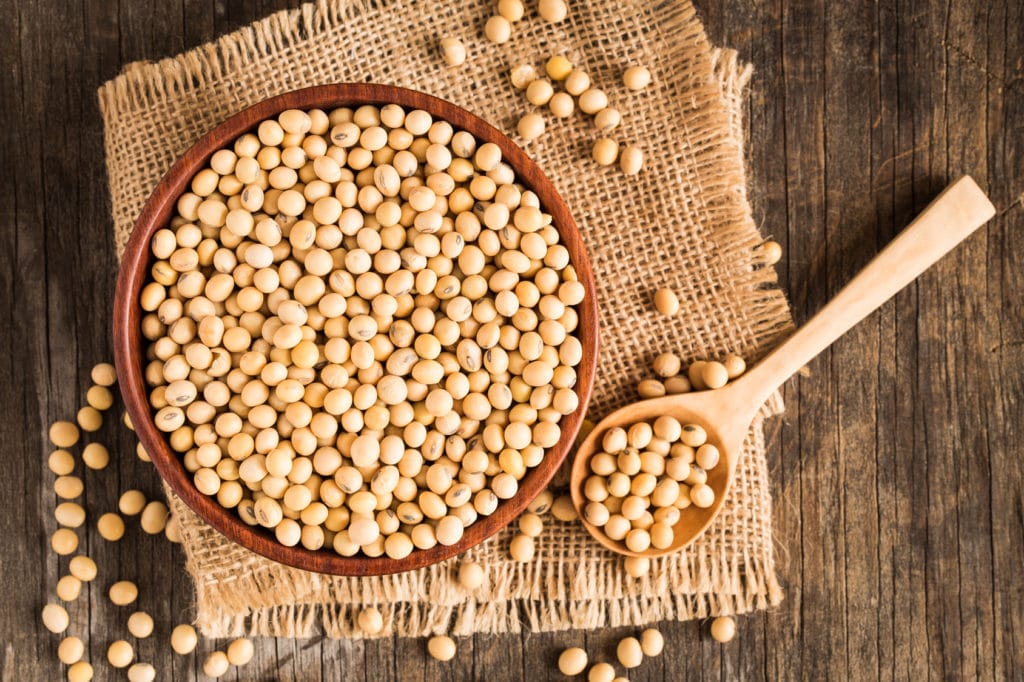
How does the intake of soy protein on LDL-cholesterol?
There is already for a long time been an ongoing debate about soy protein and its influence on cholesterol. A new meta-analysis on the available data and comes to the conclusion that the Protein actually lowers the levels of unhealthy cholesterol.
In a recent study by the University of Toronto, it was found that soy protein can reduce LDL-cholesterol levels. The results of the study were published in the English journal “Journal of Nutrition”.

FDA is considering the classification of soybean to change in protein
Soy protein is extracted from soy beans. Soy beans are one of the few plant foods that contain all the essential amino acids. Soy protein is rich in protein, contains no cholesterol and only minor amounts of saturated fatty acids. Soy protein is on the list of the Food and Drug Administration (FDA) as a food which can lower cholesterol. However, there are considerations, to remove it from this list, because previous studies have provided inconsistent results. The FDA soy protein would remove from your list, manufacturers can declare their products with soy more than is healthy for the heart. The FDA based its evaluation on the results of 46 studies.
New meta-analysis was created
Recently, researchers decided at the end of the University of Toronto to examine the data again and a meta-analysis of the question papers. Of the 46 studies selected by the FDA, provided 43 sufficient data for the analysis. A total of 41 studies dealt specifically with LDL-cholesterol (Low Density Lipoprotein), commonly referred to as the bad or unhealthy cholesterol.
Soy protein reduces LDL cholesterol in adults
LDL-cholesterol has a bad reputation, because it can accumulate in the arteries and the risk for stroke and heart disease increases. That’s why food is particularly interesting is that this risk can be reduced. Soy protein reduces LDL cholesterol in adults by three to four percent significantly. The data therefore support the advice of the international Public to increase their vegetable protein intake in the diet, explain the authors of the study. Although the size of the observed effect was small, the results are nevertheless significant. The researchers explained to that if someone has soy protein added to his diet, in most cases, other sources of protein are replaced, which often have a high LDL-cholest content, such as meat and dairy products.
Change of diet can increase LDL cholesterol, reduce
When on a diet, the consumption of saturated fat and cholesterol-rich meat with soy will be replaced, you may experience a lowering of cholesterol even more, say the researchers. A 2010 study published in the St. Michael’s Hospital, Toronto, under this change of diet was already. The participating authors came to the conclusion that the combination of the direct LDL-reduction by soy protein and the replacement of cholesterol-rich foods, the LDL can be lowered cholesterol by a total of 3.6 to 6 percent.
There were limitations in the current study?
As the authors of the recent study explain, there is a major limitation of their research is that only a subset of relevant studies was examined. The purpose of the current investigation was to test the strength of the conclusions of the FDA on the basis of the data. (as)